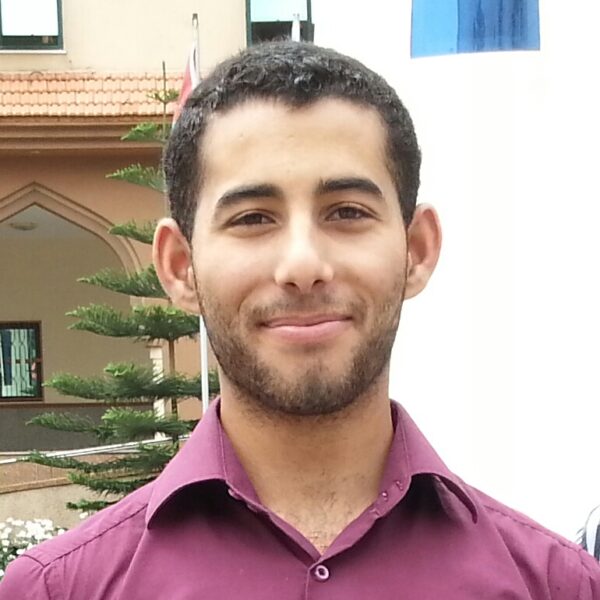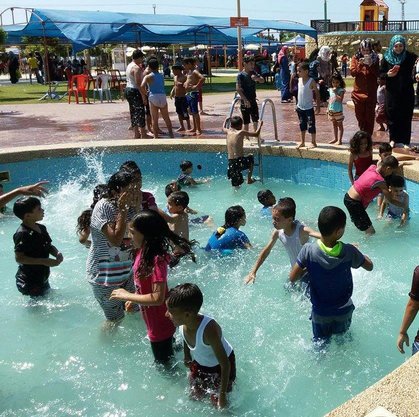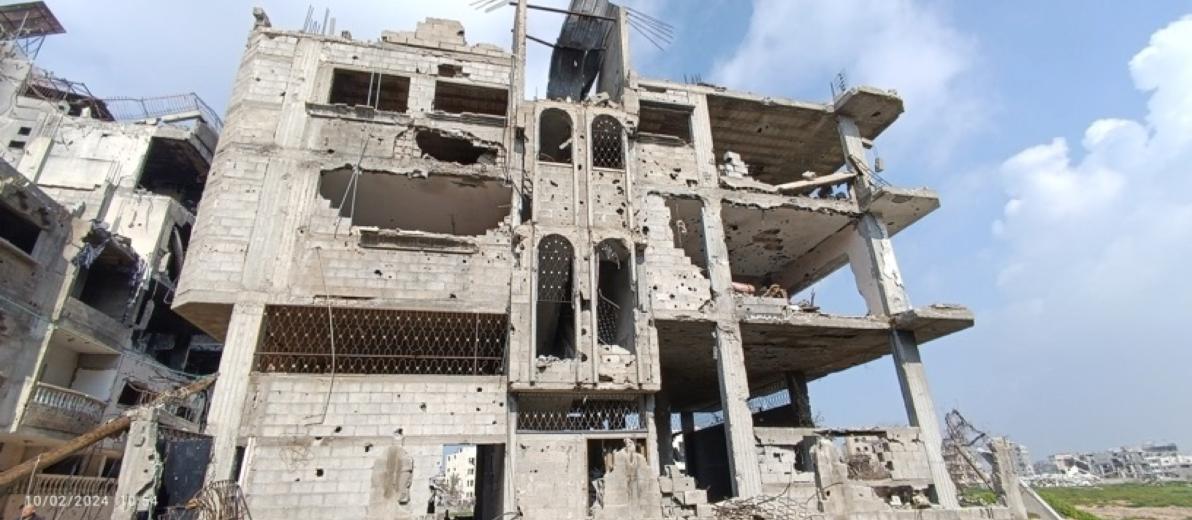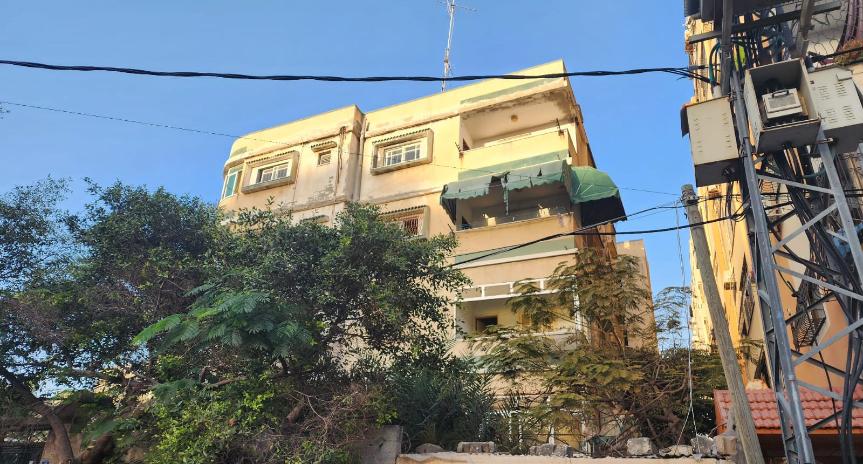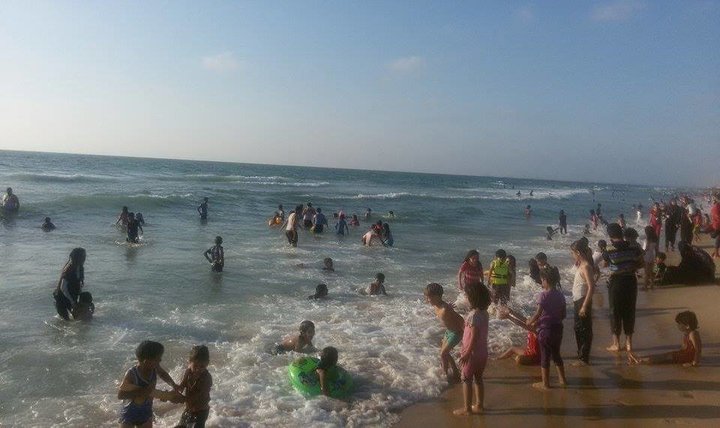
In this dreadfully sultry weather, in which electricity is available for only six (if not less) hours a day, most people in Gaza resort to the beach as their only escape from this large prison. The scorched ground and the searing air become our main concern. Maybe, we think, a stray breath of air, away from the heaviness of the dark nights and the memory of the violence of the past summer, will relieve the burden on our shoulders.
On one recent day, I couldn't sit at home without having my laptop charged or the TV on, so I could follow the news of the 18-month-old boy burnt alive by settlers in the West Bank and the later death of his father. If the family had lived in Gaza, the Israelis probably would have said they were actually burnt by the heat of the blazing sun.
So, since the power was out, my family and I went to the sun-drenched Jabalia beach. I was astonished by how quickly my little brother took off his T-shirt and pants and jumped into the sea to cool his sweating body. I sat on the sand watching and listening to the lapping of the waves. It reminded me of the drops of rain falling on the roofs of the camp's
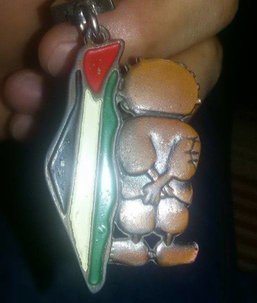
destroyed houses last winter. And I wondered if one day I might be able to return to the original land (now called Israel) from which my big family was expelled. "Is it possible that Jaffa's oranges trees, palm trees and vineyards could dissipate the sun’s intense heat?" I asked myself.
A sudden gust of brisk wind blew some sand into the air. A small boy turned over to prevent it from blowing into his eyes. I glimpsed Handala drawn on his T-shirt. I thought to myself, "When is Handala going to grow up? He has stayed 10 years old since Naji Al-Ali drew him in 1947. The Palestinians get older and older and then die and still Palestine is not free.” (Al-Ali said he would not draw Handala so his face could be seen until Palestine was an independent state; however, the artist was murdered in 1987.)
Later, as I write these words, the ink of my pen is smearing as the sweat from my face drips onto the paper. I wash my face with the water we keep in the fridge, but the bottles are getting warmer and warmer due to the electricity shortage. When the nights come, the fans and lights won’t switch on, even to read a novel for a bit of escape. I go up to sit on the roof; if I am lucky, the moon will light my pages. If not, I will use my mobile phone’s flashlight (assuming the battery is charged).
If all else fails, I will try to sleep, hoping to wake up to a better reality—or at least have nice dreams.

